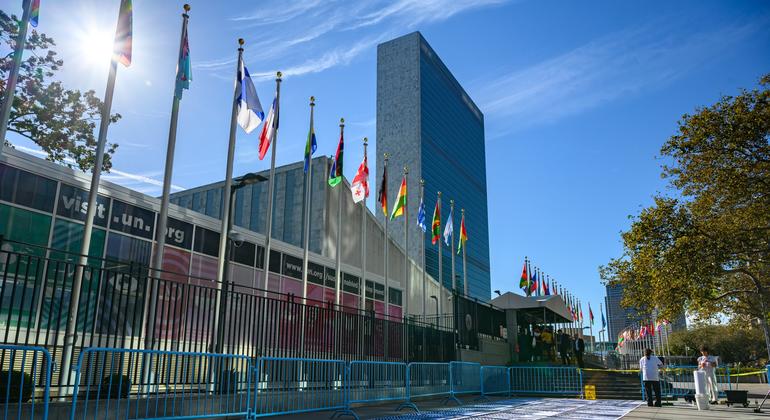The United Nations General Assembly recently approved a regular budget of $3.72 billion for the year 2025, reflecting an increase of approximately $1 million from the initial proposal put forth by the Secretary-General in October. This budget allocation covers a wide range of UN programs that focus on various important areas such as political affairs, international justice and law, regional cooperation for development, human rights, humanitarian affairs, and public information.
The approved budget also includes technical adjustments that have been made following the adoption of additional resolutions and decisions by various UN intergovernmental bodies since the initial budget proposal was submitted. The total budget appropriation for the year 2025 now stands at $3,717,379,600.
It is important to note that in addition to the regular budget, the United Nations also maintains a separate budget for peacekeeping operations, with a fiscal cycle that runs from July 1st to June 30th. This is distinct from the regular budget cycle, which aligns with the calendar year.
One significant action taken by the General Assembly was the adoption of the Programme of Action for Landlocked Developing Countries for the Decade 2024-2034. This program aims to address the unique challenges faced by countries that do not have direct access to open seas, known as Landlocked Developing Countries (LLDCs). These nations encounter significant obstacles in trade and development, as they must rely on transit countries for access to international markets, leading to higher trade costs, delays, and reduced competitiveness.
The Programme of Action for LLDCs identifies five key priorities that will guide efforts to support these countries in overcoming their challenges. These priorities include promoting sustainable economic growth through innovation and structural transformation, enhancing regional trade integration, improving transport connectivity, building climate resilience, and ensuring effective implementation strategies.
This new framework builds upon the Vienna Programme of Action (2014-2024) and the Almaty Programme of Action (2003), which laid the foundation for addressing the persistent obstacles faced by LLDCs. By focusing on these priorities and strategies, the United Nations aims to support LLDCs in achieving sustainable development and overcoming the unique challenges they face due to their landlocked status.
Overall, the approved budget for 2025 and the adoption of the Programme of Action for LLDCs demonstrate the United Nations’ commitment to addressing global challenges and supporting the development and well-being of all member states, including those facing unique and significant obstacles. Through strategic budget allocations and targeted programs, the UN is working to promote peace, prosperity, and sustainable development for all.









